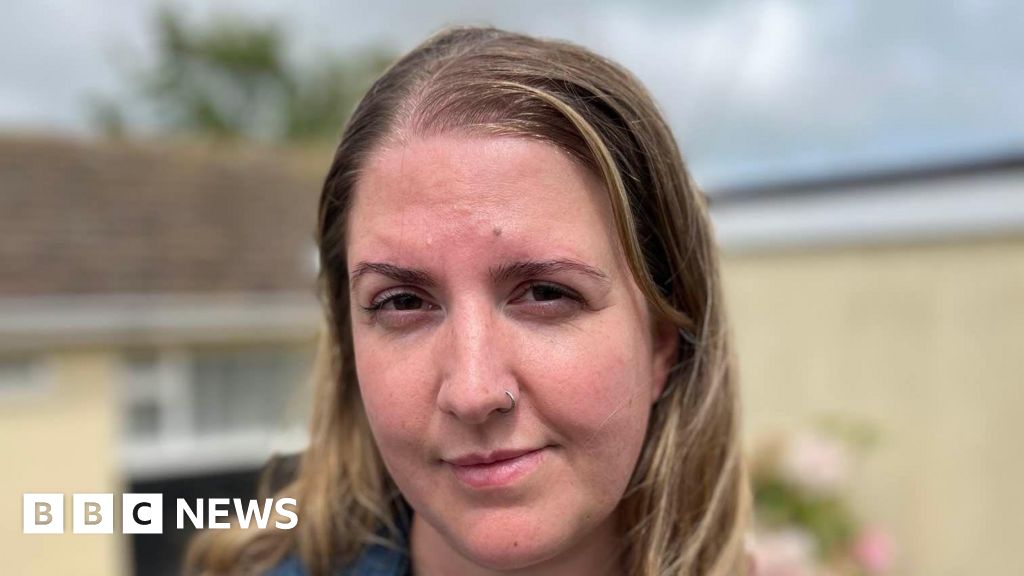Smith, a Pulitzer Prize finalist and recipient of the MacArthur Foundation “genius” award, will be the series’s 73rd presenter and the first to incorporate acting performances in her teaching. Her four-part lecture series, titled “Chasing That Which Is Not Me/Chasing That Which Is Me,” runs Sundays from April 28 to May 19, and was created as a sequel to her 2015 Jefferson lecture in the humanities, “That Which Is Not Me.”
In an interview, Smith shared insights on the lectures and how they will reflect her life and work. This interview has been edited for length and clarity.
What can audience members expect from each of the lectures?
The first one is going to be a general overview of what my work is and how I do it. A lot of people, if they know who I am, think about me as being on “The West Wing,” where I was the national security adviser. Maybe they think about me as being on “Nurse Jackie” or even “Black-ish,” as Rainbow’s mom. A lot of people don’t know about the work, which has been the center of my adult life.
Another [talk] is going to be about my project on health care. I’m very excited to be including photographs, taken by Diana Walker, who was the behind-the-scenes photographer at the White House from [President Gerald] Ford all the way through President [Bill] Clinton’s last term. She and I went to Africa together, where we went to Rwanda 10 years after the genocide, and also South Africa. That lecture will include some of the people who I interviewed in the United States to write a play on health care, “Let Me Down Easy.” Some of it will be characters I have not had the opportunity to perform onstage because they got cut out in various drafts of the play.
Then I’m going to do something different. I’ve written a play for the Atlantic. It is only the second play that they’ve published in its 167 years, the first being a play in 1930 written by Jean Cocteau. I’m going to talk about that project called “This Ghost of Slavery,” and I will perform some scenes from it by myself. It’s a play that I wrote for other actors. It is the first time in my playwriting career that I’ve looked at the state that I came from, Maryland, and its relationship to slavery during the Civil War.
The last one is going to be a look at the ’70s, and it’s going to be more in depth about how I got to be interested in America and making theater this way. When we get to the last one, there will probably be more talk and less performance.
You previously spoke about how your play “Notes From the Field” was the closest you’ve come to activism. Where does the rest of your work fall, on a scale between activism and objectivity?
People labeled me an activist a long time ago. I didn’t call myself that. I think they did because two of my best-known works were about racial disruptions: “Fires in the Mirror,” about a conflict that happened in Crown Heights, Brooklyn, a neighborhood that was almost entirely Black and Jewish people. And then with “Twilight,” about the Los Angeles uprising.
I am very interested in discord because I’m a dramatist, and that’s what drama is: conflict. I’m not as interested in my own point of view, and I think it’s interesting that that’s considered “activist.” I’m interested in that which is different than me, and I’m interested in opinions that may not be my opinions, and I’m interested in revealing disruption without an obvious solution. Therefore, I got categorized as an activist.
I think I’m a humanist. I call myself an activist with “Notes From the Field” because it’s examining something that I personally, fervently believe must be corrected: inequity in our public schools. It’s not just that kids have an economic disadvantage. It’s often also because they do not have what is considered to be a so-called “traditional functioning family.” The only place to be taken care of is the state, and the state is not doing a good job of that. I was moved to look at schools because most of the women in my family were teachers, and they were humanist activists inasmuch as they wanted to put my generation in another place. And they did that.
So much of your life’s work is embodying other people. How has this work helped you find yourself?
It would be implied, wouldn’t it? In my title, “Chasing That Which Is Not Me/Chasing That Which Is Me.” I guess the chase is still on. The chase of the person who I have become since the late ’70s, when I started doing this type of research. I was deliberately trying to make a different form that was less so-called “psychological” — this idea that every character in the world lives inside of you. I don’t believe that. A woman I interviewed in the Maryland Correctional Institution for Women who sat on the bed and allowed her boyfriend to kill her daughter does not live inside of me. I can approach her through a technique that I have, but psychological realism — which is the standard of acting — I couldn’t get to that.
When I was in acting school, all the texts that we used for the most part were written by White, heterosexual-presenting men. I just couldn’t think and believe that all of that was in here. It just felt so self-centered to me. That’s why I developed this other technique, the specific way I do verbatim theater.
What did it teach me about me? I think that becoming me, who I am now, is more about all of the different experiences that I’ve had in my life since the time that I left Baltimore when I was 21, with $80, an overnight bag and the promise that I would never ask my parents for money. I created my adult life with $80. I think the journey towards me would require a different type of writing, a kind of a memoir. But I think this work that I’m going to share is more about how I’ve seen the nation that I live in and love through critique.
73rd A.W. Mellon lectures in the fine arts
National Gallery of Art East Building Auditorium, Fourth Street and Constitution Avenue NW. 202-842-6804, nga.gov.
Dates: Sundays from April 28 to May 19.















































